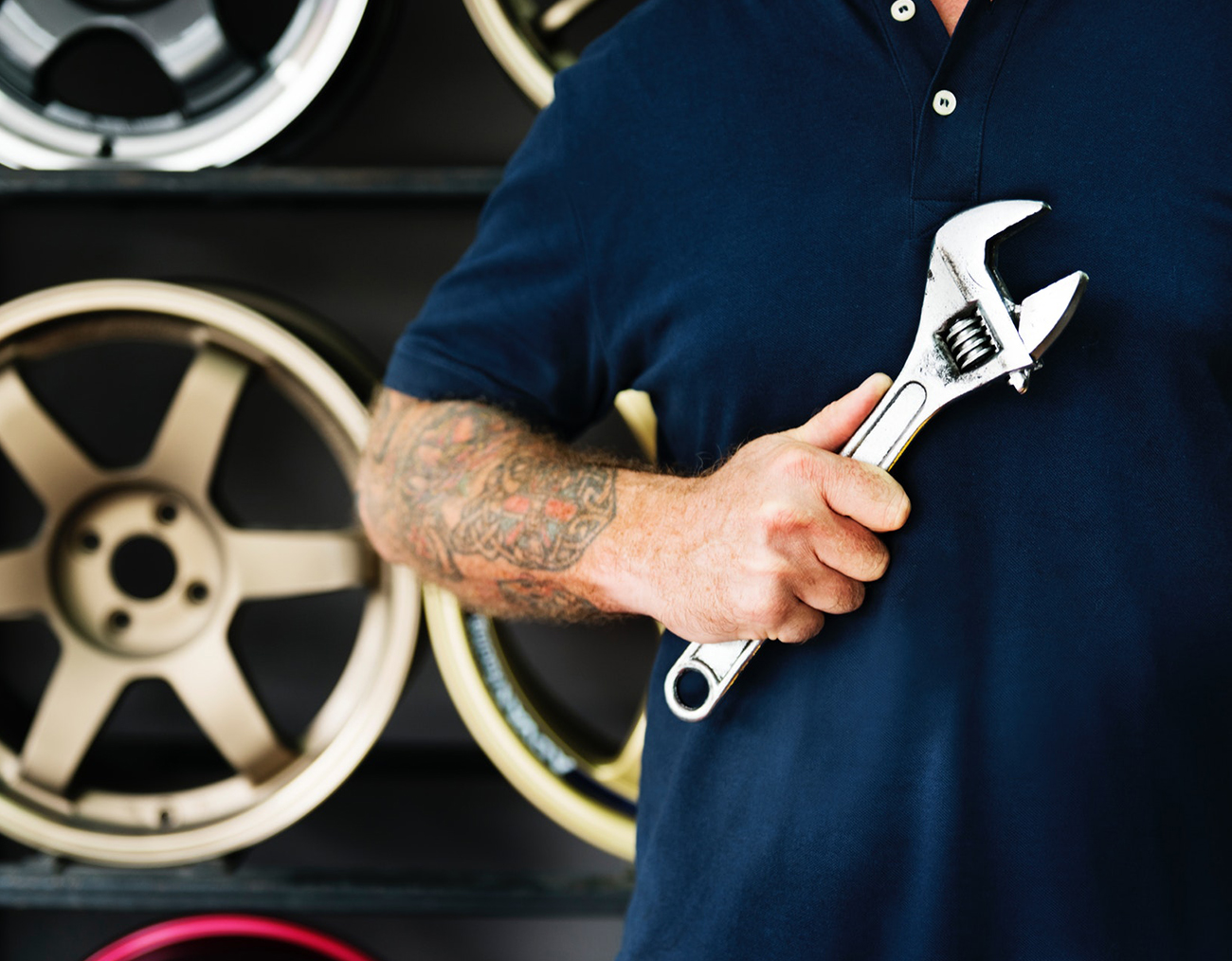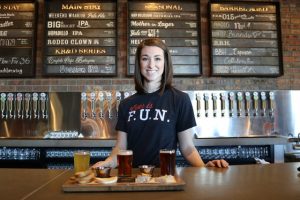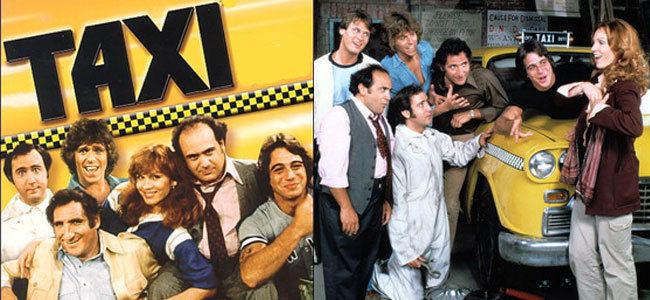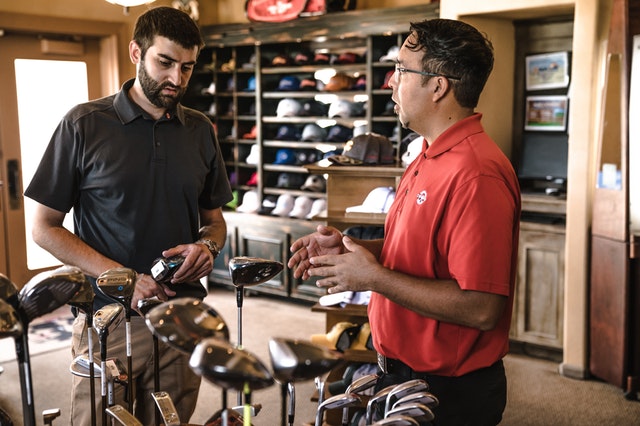
The Experience Economy – Making Memories

I love Cambridge Dictionary’s translation of the ‘experience economy’ as ‘an economy in which many goods or services are sold by emphasising the effect they can have on people’s lives’.
A simpler way to understand it is Wikipedia’s description: ‘the experience economy argues that businesses must orchestrate memorable events for their customers, and that memory itself becomes the product — the “experience”.
An experience occurs when a company uses services as the stage–and goods as props–for engaging individuals in a way that creates a memorable event. And while experiences have always been at the heart of the entertainment business, any company stages an experience when it engages customers in a personal, memorable way.

To appreciate the difference between services and experiences, recall the episode of the old television show Taxi in which Iggy, a usually atrocious (but fun-loving) cab driver, decided to become the best taxi driver in the world. He served sandwiches and drinks, conducted tours of the city, and even sang Frank Sinatra tunes. By engaging passengers in a way that turned an ordinary cab ride into a memorable event, Iggy created something else entirely –a distinct economic offering. The experience of riding in his cab was more valuable to his customers than the service of being transported by the cab –and in the TV show, at least, Iggy’s customers happily responded by giving bigger tips. By asking to go around the block again, one patron even paid more for poorer service just to prolong his enjoyment. The service Iggy provided – taxi transportation –was simply the stage for the experience that he was really selling.

White papers and books also tell us that businesses must harmonize impressions with positive cues (almost like service design where you rehearse the meet and greet and even the dialogue with customers). While the theme forms the foundation, the experience must be rendered with indelible impressions. Impressions are the “takeaways” of the experience. To create the desired impressions, companies must introduce cues that affirm the nature of the experience to the guest. Each cue must support the theme, and none should be inconsistent with it. Therefore, I believe that the initial idea of employing an artist to design the site is not really suitable. While artists have creative approaches, it is this commercial sense of consistent experience that is required to make the business successful and a good designer can do this more effectively.
George Harrop, founder of Barista Brava, a franchised chain of coffee bars based in Washington, D.C., developed the company’s theme of “the marriage of Old-World Italian espresso bars with fast-paced American living.” The interior decor supports the Old World theme, and the carefully designed pattern of the floor tiles and counters encourages customers to line up without the usual signage or ropes that would detract from that theme. The impressions convey quick service in a soothing setting. Furthermore, Harrop encourages baristas to remember faces so that regular customers are handed their usual order without even having to ask.
Even the smallest cue can aid the creation of a unique experience. When a restaurant host says, “Your table is ready,” no particular cue is given. But when a Rainforest Cafe host declares, “Your adventure is about to begin,” it sets the stage for something special.

It’s the cues that make the impressions that create the experience in the customer’s mind. An experience can be unpleasant merely because some architectural feature has been overlooked, underappreciated, or uncoordinated. Unplanned or inconsistent visual and aural cues can leave a customer confused or lost. Have you ever been unsure how to find your hotel room, even after the front desk staff provided detailed directions? Better, clearer cues along the way would have enhanced your experience.
To this end, all interiors and exteriors and how services are delivered are all part of the experience economy. You have the unique opportunity to make this happen and create a 21st century business. It just needs good service design, vision and a unified approach.

